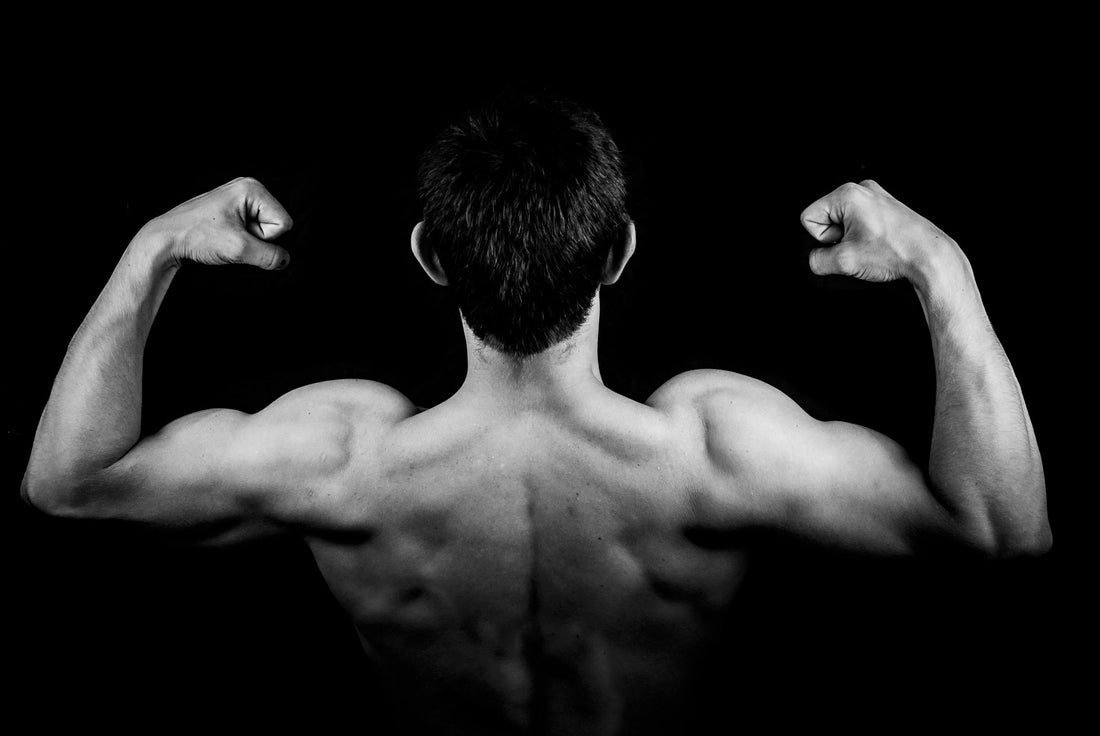
How Genetics Influence Muscle Growth
Share
Introduction
Ever wonder why some people build muscle faster than others, even when doing the same workouts? The answer lies partly in genetics. While training and diet are important, your DNA also plays a big role in how your muscles grow.
The Role of Genetics in Muscle Growth
Genetics can affect how much and how quickly someone can build muscle. In fact, studies show that genes account for about 30% to 70% of the differences in muscle growth and strength between people.
One key factor is muscle fiber type. Some people are born with more fast-twitch fibers, which help with strength and power. Others have more slow-twitch fibers, which are better for endurance. This mix is largely decided by your genes and can affect how your body responds to different types of exercise.
The MSTN Gene and Myostatin’s Role
A well-known gene related to muscle growth is the MSTN gene. This gene makes a protein called myostatin, which helps keep muscle growth in check. Myostatin acts like a brake, stopping muscles from growing too big.
When this gene doesn’t work properly—due to mutations—muscle growth can increase a lot. For example, some breeds of cattle, like the Belgian Blue and Piedmontese, naturally have mutations in the myostatin gene. That’s why they appear so muscular and lean.
In 2004, doctors in Germany reported a rare case of a child with very large muscles due to a myostatin gene mutation. This child had much more muscle mass than other kids of the same age, showing how powerful genes can be in muscle development.
Genetics and the Role of Environmental Factors
Even though genetics give us a starting point, lifestyle and training matter just as much. Two people can do the same workout plan, but one may gain a lot of muscle while the other sees only small changes. This is because our bodies react differently based on our genes.
But this doesn’t mean you’re stuck with what you were born with. You can still improve your strength and muscle size with:
- Resistance training (like weight lifting or bodyweight exercises)
- Balanced nutrition (including enough protein, carbs, and healthy fats)
- Proper rest and recovery (good sleep and rest days)
These things help everyone—no matter their genetic background—get better results from their workouts.
Conclusion
Your genes play a big role in how your muscles grow. They affect things like muscle fiber type and how much of the myostatin protein your body produces. But that doesn’t mean you have no control.
By focusing on smart training, good food, and enough rest, you can still build muscle and get stronger, no matter your genetic makeup. Everyone has the power to improve.
